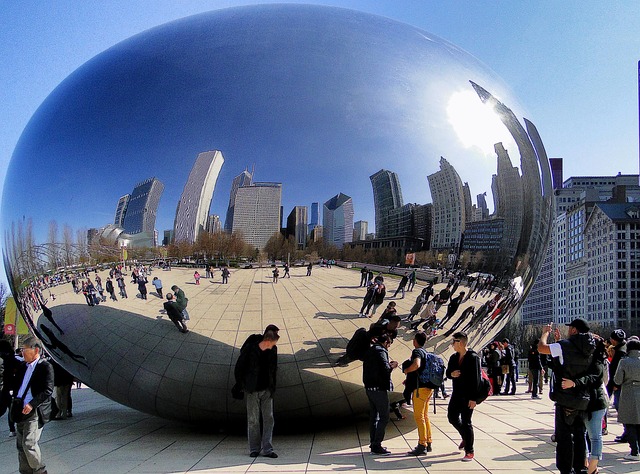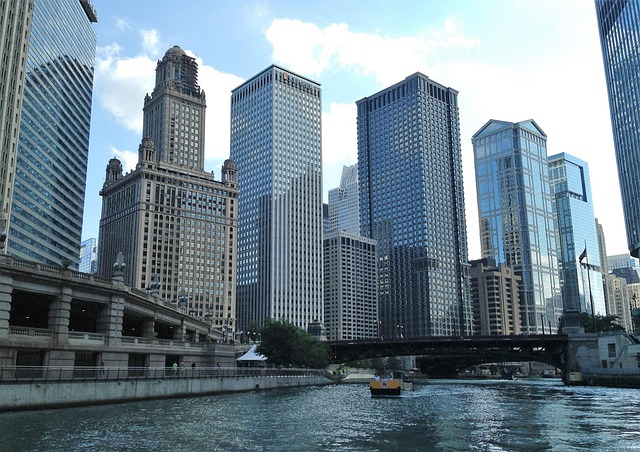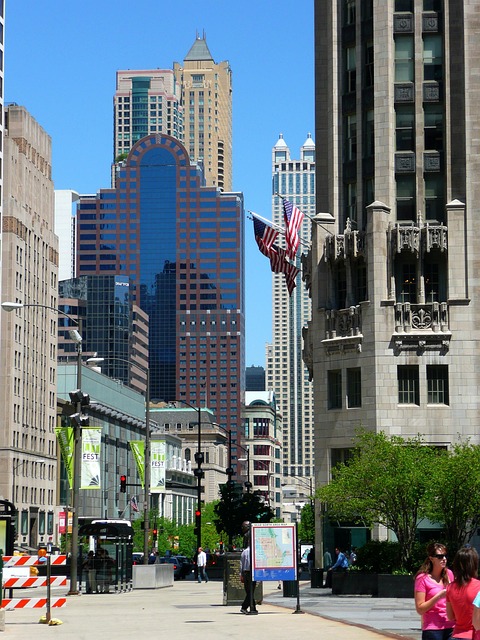Hazing abuse, including sexual assault, is illegal in Illinois under specific laws. Chicago-based hazing abuse law firms offer specialized support and legal expertise to hold perpetrators accountable. These cases require a delicate approach due to trauma and evidence challenges. By leveraging knowledge of criminal/civil laws, such firms empower victims and seek justice, as seen in notable case victories.
In Chicago, Illinois, hazing sexual assault cases present unique challenges. This article explores the intricate legal landscape surrounding hazing and its implications, using a Chicago law firm’s proven approach as a case study. We delve into the difficulties of proving hazing-related sexual abuse, while highlighting resources and rights available to victims under Illinois law. Additionally, recent successful litigation in hazing abuse cases offers hope for survivors seeking justice. For those affected by this issue, understanding these legal avenues is crucial.
Understanding Hazing and Its Legal Implications in Illinois
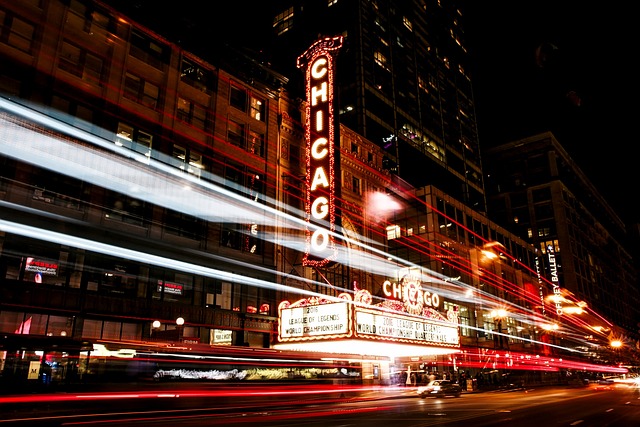
Hazing, often associated with initiation rituals in various groups, can take many forms, including physical, emotional, and sexual abuse. In Illinois, hazing is not only unethical but also illegal under the state’s hazing abuse law. This legislation aims to protect individuals from non-consensual acts designed to intimidate or degrade them. When it comes to sexual assault within the context of hazing, a Chicago IL hazing abuse law firm can play a pivotal role in holding perpetrators accountable and providing victims with legal recourse.
These cases are complex, often involving power imbalances and sensitive evidence. Legal experts specializing in hazing and sexual assault have the knowledge and experience to navigate these challenges effectively. They ensure that victims’ rights are protected, and they work tirelessly to secure justice for those affected by such incidents. Understanding the nuances of Illinois’s legal framework is crucial in building strong cases and delivering appropriate outcomes.
Navigating Sexual Assault Cases: A Chicago Law Firm's Approach
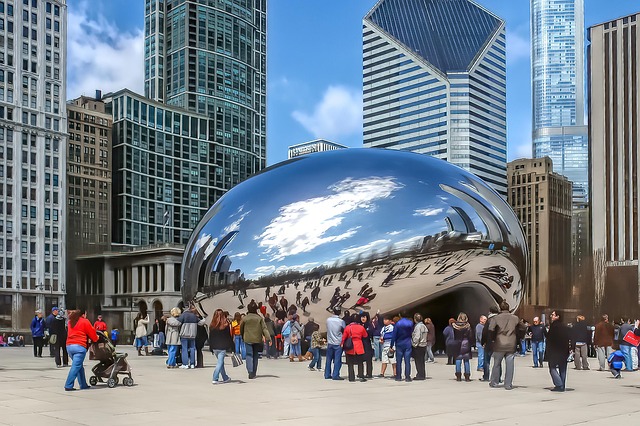
Navigating sexual assault cases requires a delicate and specialized approach, especially in a city like Chicago, Illinois, where a robust legal system coexists with complex social dynamics. At our Chicago-based law firm, we prioritize empowering victims and ensuring justice through a comprehensive strategy tailored to each unique case.
We understand that hazing abuse cases often involve sensitive and intimate details, requiring lawyers who are not only skilled litigators but also empathetic advocates. Our team of experienced attorneys is committed to providing robust representation, utilizing cutting-edge legal strategies to challenge evidence, question testimonies, and hold perpetrators accountable. We believe in educating both the community and the court system about the nuances of hazing abuse, ensuring that victims receive the support and justice they deserve.
The Challenges of Proving Hazing-Related Sexual Abuse
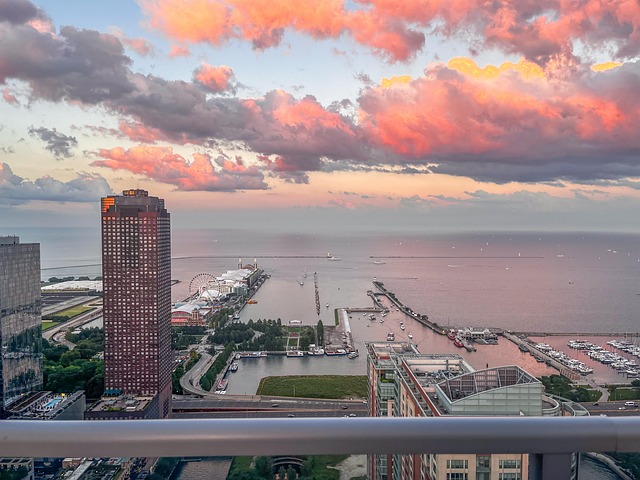
Proving hazing-related sexual abuse in Chicago, Illinois, presents unique challenges due to the sensitive nature of the cases. Often, victims may face an additional layer of trauma and hesitance to come forward, making it crucial for a legal expert specializing in hazing abuse to approach these matters with utmost care and sensitivity. The process involves navigating complex legal territories where establishing a clear connection between hazing activities and subsequent sexual assault is essential.
Many hazing cases lack direct physical evidence, relying instead on testimony from victims, witnesses, or perpetrators who may provide conflicting narratives. This makes it imperative for a Chicago IL hazing abuse law firm to meticulously gather indirect evidence such as logs, messages, or other documentation that can corroborate the victim’s account. Expert legal counsel in this field understands the importance of thorough fact-finding and leverages their knowledge of both criminal and civil laws to ensure justice for victims and hold perpetrators accountable.
Supporting Victims: Resources and Legal Rights in IL

In Illinois, victims of hazing sexual assault have legal rights and access to valuable resources. If you or someone you know has experienced this, it’s crucial to understand your options. Many survivors feel empowered when they recognize that there are dedicated legal professionals specializing in hazing abuse law firm Chicago IL who can guide them through the complex legal process.
The state offers support through various organizations and hotlines tailored to assist victims of sexual assault. These services provide confidential counseling, advocacy, and information about legal rights. Understanding these rights is essential as survivors navigate their path to justice. A hazing abuse law firm Chicago IL can help interpret laws and ensure that victims receive the support they deserve during what can be a challenging and traumatic experience.
Recent Case Studies: Successes in Hazing Abuse Litigation

In recent years, a notable surge in hazing-related sexual assault cases has prompted a crucial examination of existing laws and their application. Case studies across Illinois, including Chicago, highlight successful litigation strategies employed by a hazing abuse law firm to hold perpetrators accountable. These victories not only provide justice for victims but also serve as a game-changer in the legal landscape, emphasizing the severity of hazing-induced trauma and its implications.
One such case involved a student who suffered severe sexual harassment during an initiation ritual at a local university. The plaintiff’s lawyer, specializing in hazing abuse law in Chicago IL, presented compelling evidence, including witness testimonies and explicit photographs, to demonstrate the pervasive nature of the assault. This led to a significant settlement and a renewed focus on institutional responsibility in addressing hazing culture. Such outcomes underscore the growing awareness and the need for stringent legal measures to combat hazing-related crimes.
